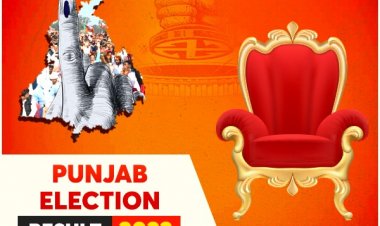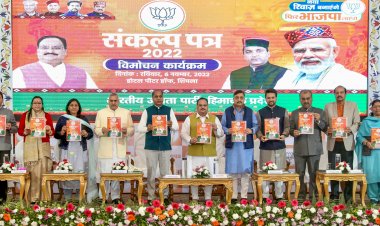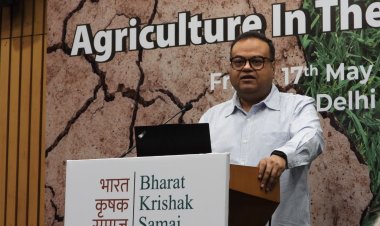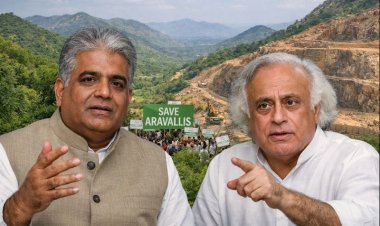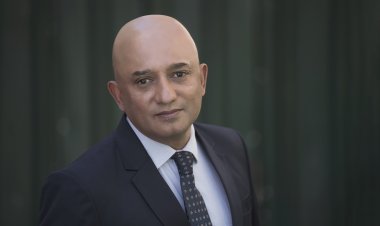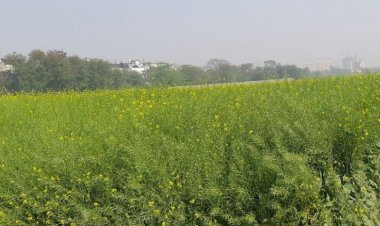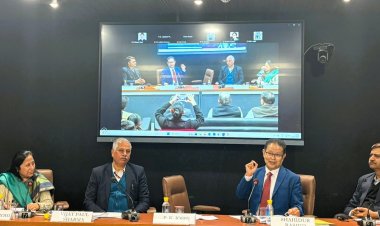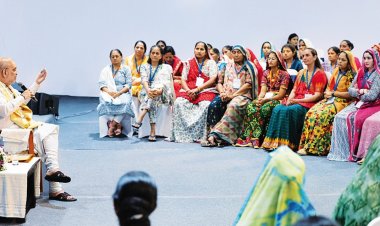BJP fields new faces in high-stakes UP polls
Ahead of the high-stakes UP Assembly elections, the ruling BJP has fielded a number of new faces in the high-stakes polls to beat the anti-incumbency factor. Of the total declared party candidature of 376 seats, the BJP has introduced nearly 130 new faces.
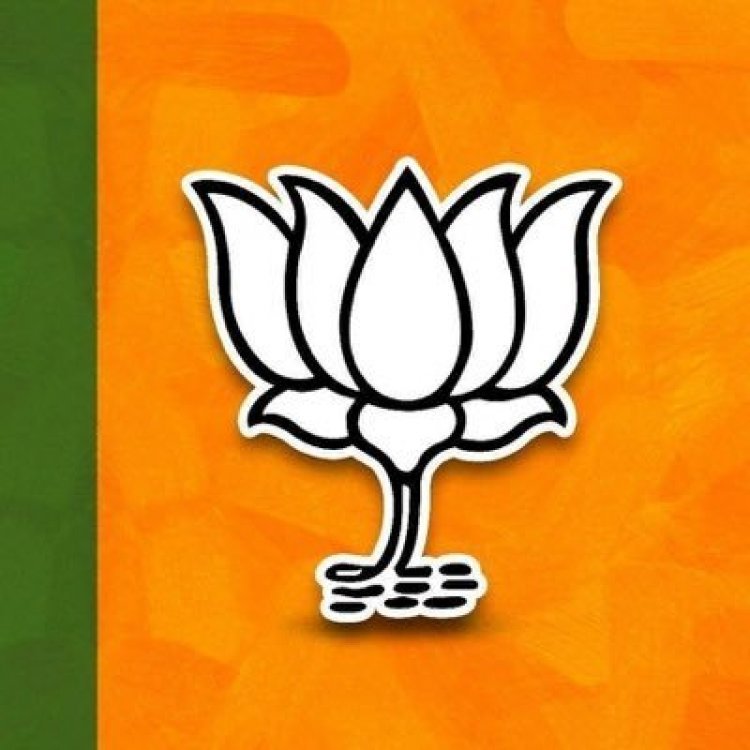
Lucknow
Ahead of the high-stakes Uttar Pradesh (UP) Assembly elections, the ruling Bharatiya Janata Party (BJP) has fielded a number of new faces in the high-stakes polls to beat the anti-incumbency factor.
Of the total declared party candidature of 376 seats, the BJP has introduced nearly 130 new faces.
Among the leaders whose tickets have been snipped are several ministers as well, viz. Chaudhary Udaybhan Singh and Mukut Bihari Verma.
While tickets were denied to some sitting members of legislative assembly (MLAs) for breaching the age of 75 years, the majority of the legislators were not considered for re-nomination over non-performance or unpopularity among the people.
Of the total 403 assembly segments in UP, the saffron party has fielded candidates on 376 seats. The rest of the 27 seats have been left for allies including Apna Dal (Sonelal) and Nishad Party. A few candidates belonging to the allies are also fighting these polls on the BJP symbol.
In 2017 UP polls, the BJP had contested 384 seats while leaving the remaining for its allies.
By dropping the sitting legislators, the BJP has tried to maximize electoral gains by balancing the caste and other equations, while rewarding their past performance and works.
The seats of some legislators have also been changed to this effect. For example, the assembly segment of UP law minister Brijesh Pathak has been changed from Lucknow Central to Lucknow Cantonment.
“The denial of tickets to sitting legislators has given a stern message that the BJP would not compromise at any level to realize the goal of winning more than 300 seats in UP polls,” a senior party leader said on condition of anonymity.
In 2017, the BJP and allies had won more than 325 or about 75 percent of the total 403 seats.
However, even the most diehard fans of the party concede that to repeat the feat of 2017 UP polls is an uphill task given the anti-incumbency and pandemic factors. Yet, they believe that the BJP would be able to retain power with a majority although with fewer seats.
Besides, the Samajwadi Party (SP)–Rashtriya Lok Dal (RLD) combine is giving a tough competition to the ruling party, especially in the Western UP pockets, which have a large concentration of the minority and Jat votes.



 Join the RuralVoice whatsapp group
Join the RuralVoice whatsapp group



















